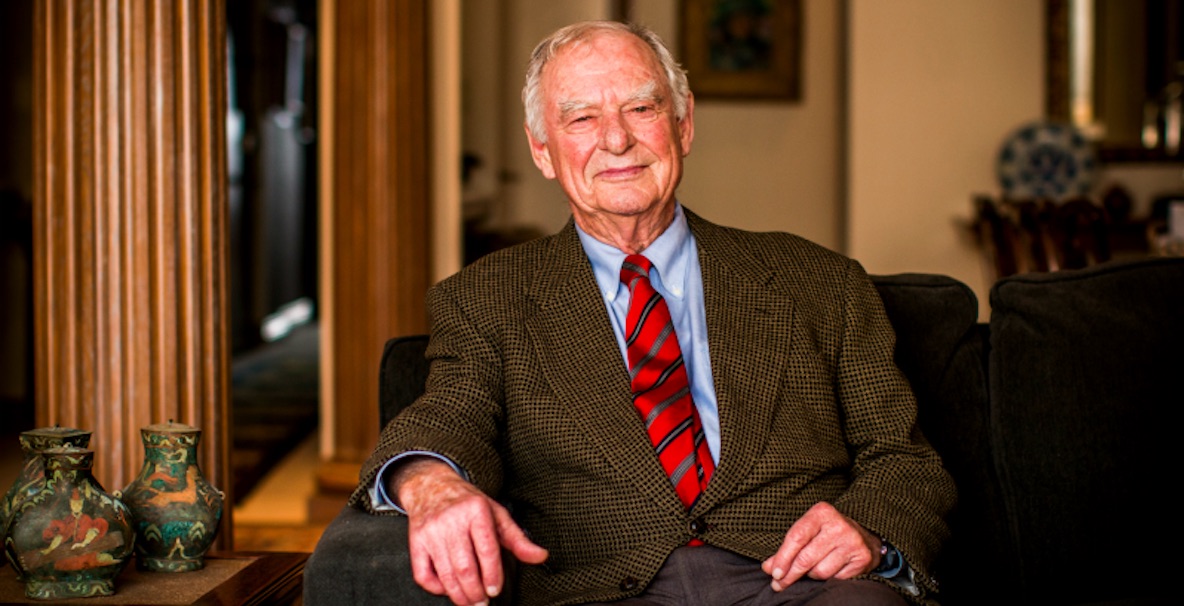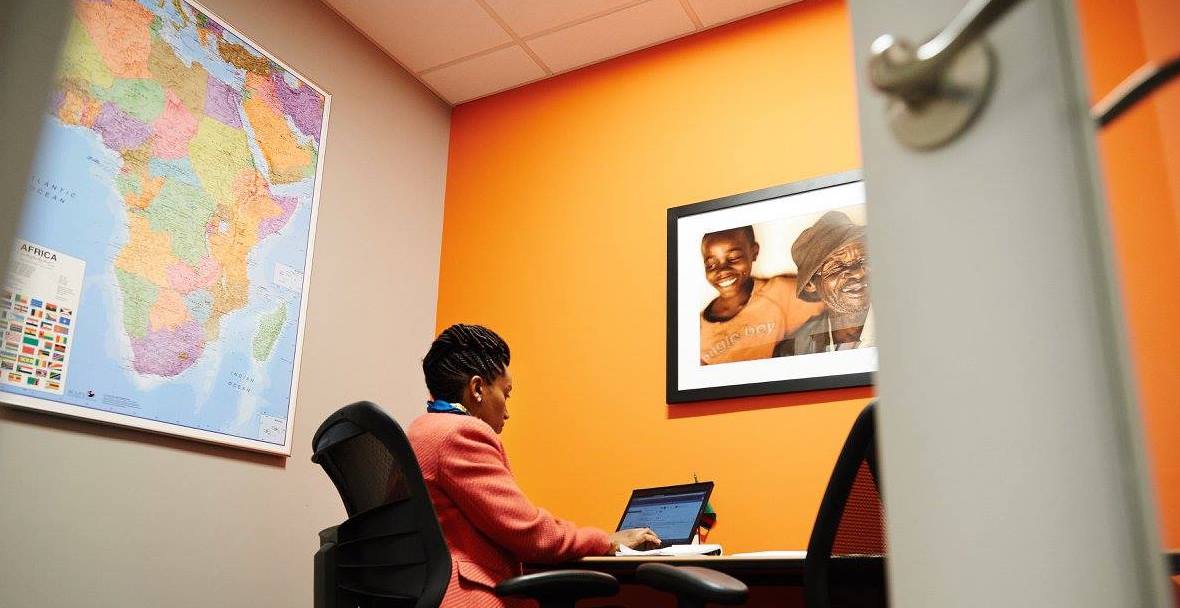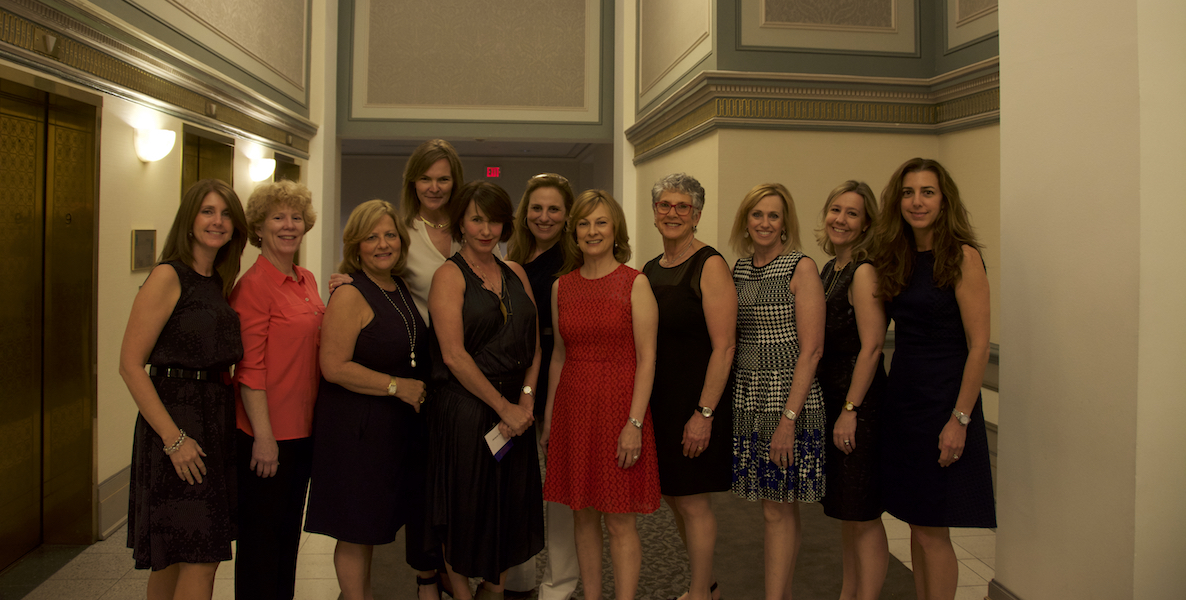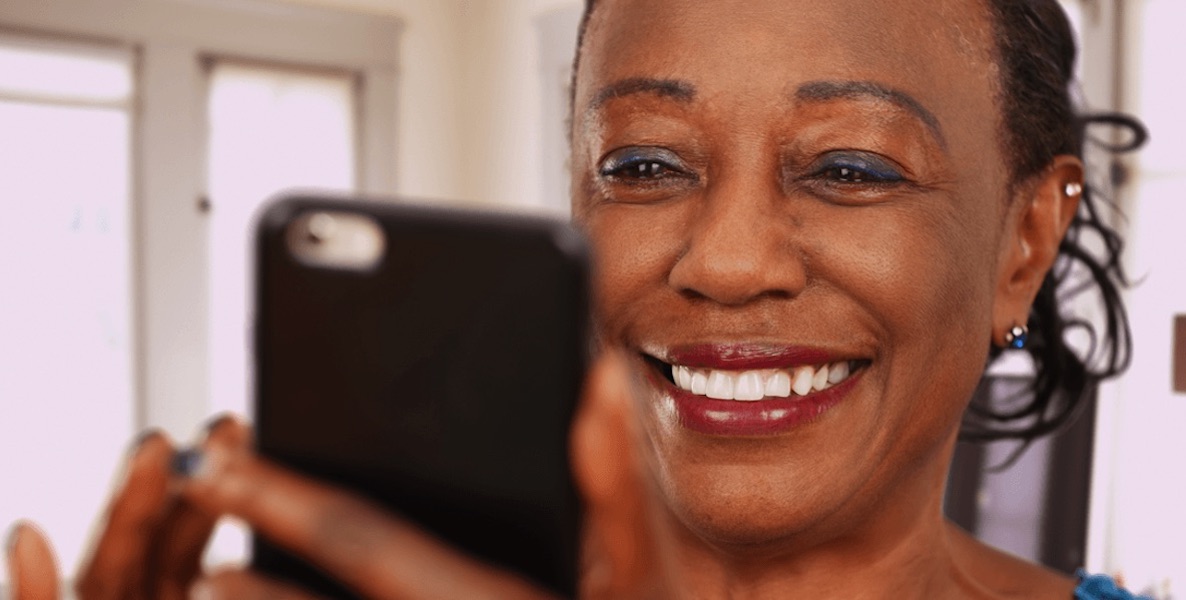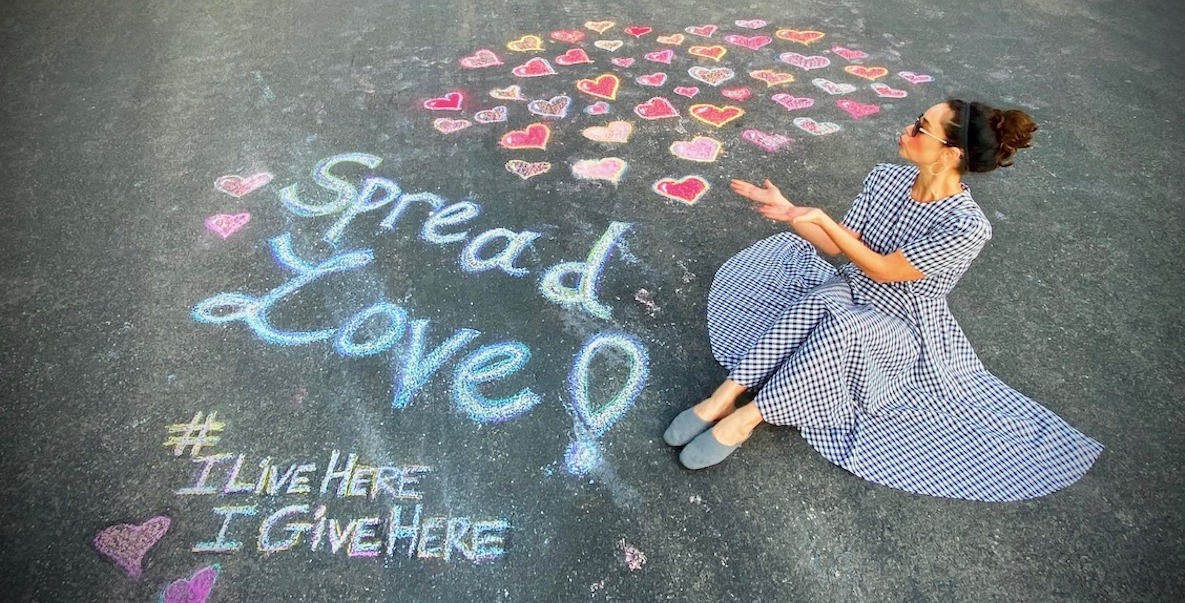In his more than two decades as an entrepreneur, Dr. Keith Leaphart has noticed a troubling inefficiency in philanthropy: While charitable donations from individuals make up the vast majority of philanthropic dollars — 68 percent, or a whopping $292 billion, in 2018 — nonprofits in need of funds tend to seek out corporations and foundations that can write bigger checks in one visit, despite making up only 5 percent and 18 percent of national giving, respectively.
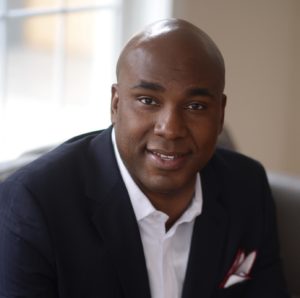
“Nonprofits want to sit down with Keith Leaphart, the chair of the Board of the Lenfest Foundation, not Keith Leaphart the individual giver,” explains Leaphart, who, in addition to being a practicing licensed physician and an entrepreneur, also sits on the board of half a dozen Philadelphia organizations, including the Lenfest Foundation and the Greater Philadelphia Chamber of Commerce.
“It’s been a huge issue for nonprofits. The largest amount of dollars is coming from individuals, but it’s hard to connect with them,” he explains. “You have to knock on a lot of doors to get the amount of dollars you’re looking for, and you have to make sure you’re knocking on the right doors. They just don’t have the data to know, ‘I should be going after this individual.’”
In 2018, Leaphart decided to tackle this problem himself. He founded Philanthropos, a business venture with the mission of connecting people — who Leaphart calls “everyday philanthropists” — and causes in an effort to “redefine what it means to be a philanthropist.”
The company recently launched Philanthropi, an app designed to be a “next generation employer benefit” that allows its users to connect with charities and track their donated dollars and volunteer time.
Philanthropi not only allows employees to contribute to causes they care about, but helps companies attract employees as well. “The marketplace is shifting,” explains Leaphart. “Millenials don’t just want a paycheck, they want to work with companies that align with their values, companies that are making an impact.”
“The largest amount of dollars is coming from individuals, but it’s hard to connect with them,” Leaphart explains. “You have to knock on a lot of doors to get the amount of dollars you’re looking for, and you have to make sure you’re knocking on the right doors.”
According to a recent LinkedIn report, 86 percent of people between 22 and 37 would take a pay cut in exchange for working at a company whose values align with their own. Similarly, a 2015 study found that companies with strong corporate responsibility programs have a 13 percent increase in employee productivity and a 50 percent decrease in employee turnover.
As a result, corporate philanthropy is changing. While it has traditionally been driven by the interests of leadership, Leaphart says that “smart companies are flipping this on its head,” instead allowing corporate dollars to flow to the organizations employees care about by matching their contributions.
Philanthropi provides companies access to data on which causes and organizations employees are choosing to contribute to, thus providing them insight into their employees’ values and allowing them to better target their own philanthropic spending. “I can as a CEO think my employees really like oranges, but they’re actually all into apples and grapes,” explains Leaphart.
Here’s how it works: Employers pay Philanthropi an activation and monthly subscription fee for the app, which grants access to the company’s employees. Employees can then use the platform to connect with nonprofits, track their monetary giving and volunteer hours, and see to whom their fellow employees in their network are choosing to donate. Employers can match the contributions and access the tracked data on what causes their employees are interested in and where they’re putting their dollars.
![]() According to Leaphart, Philanthropi, which he calls “LinkedIn for philanthropy” because of the social network aspect, has democratized a tool that very wealthy individuals have been using for decades: donor-advised funds. Instead of setting up their own foundations, which requires jumping through legal and regulatory hoops such as setting up a board, high-net-worth individuals can place large amounts of money in an established donor-advised fund — sometimes referred to as a charitable investment account — receive an immediate tax deduction, and give away the money over time.
According to Leaphart, Philanthropi, which he calls “LinkedIn for philanthropy” because of the social network aspect, has democratized a tool that very wealthy individuals have been using for decades: donor-advised funds. Instead of setting up their own foundations, which requires jumping through legal and regulatory hoops such as setting up a board, high-net-worth individuals can place large amounts of money in an established donor-advised fund — sometimes referred to as a charitable investment account — receive an immediate tax deduction, and give away the money over time.
The problem, though, is that donor-advised funds have a minimum deposit, generally at least $5,000, and so the tool has remained limited to the wealthy; the average donor-advised fund account in 2017 contained $237,280.
Leaphart says Philanthropi is, essentially, a donor-advised fund without the minimum deposit, where employees set up “impact accounts,” which operate similarly to 401ks. Money is automatically deducted from their paychecks and entered into the account, and employees can then donate from the account to various charities as they wish, in effect allowing them to have “their own personal foundation.”
Saxbys ran a giving campaign with Philanthropos with its employees last winter, and Bryn Mawr Trust now has Philanthropi up and running with its workers. Leaphart says three or four additional clients are set to launch the app with employees in the next four to six weeks, and they hope to have 60 clients on board by the end of next year.
For Saxbys CEO Nick Bayer, participating in the pilot campaign with Philanthropos was a “no brainer,” especially given his younger workforce, with their focus more on frequent small giving than on less frequent larger giving. “Being an impact-driven company at heart, Saxbys strives to hire team members that share those same values and then empower them to make a difference in their communities,” Bayer says. “Philanthropos became a fun way to gameify this idea and also promote more small acts of kindness amongst our team.”
“Our goal is to be the largest global marketplace and data repository for philanthropic activity, and to drive more dollars to charities,” he explains. “We’ll consider ourselves successful when we can look at our platform and see we’ve connected our donors to charities in every zip code in the United States.”
In Philadelphia, as Leaphart well knows, there is clearly a need for more and better charitable giving. According to the Chronicle of Philanthropy’s 2017 rankings, we are 43rd out of the country’s largest regions when it comes to charity — well below the national average.
Philanthropi makes the case that small individual dollars could be the key to changing that, something we’ve seen in the last few years through collective giving organizations like Impact100, a women’s group that has given out more than $2.5 million in the last nine years, and the Philadelphia Black Giving Circle, which this year gave out about $30,000 to African American-run nonprofits, and the Asian Mosaic Fund, which has donated $130,000 to Asian American causes.
Down the road, Leaphart would also like to engage more directly with nonprofits and work with them to create marketing campaigns for the app’s users. For now, though, Philanthropi will keep most of its focus on the givers themselves
Leaphart, who calls himself a “doctor by training but an entrepreneur by birth,” says the Philanthropi platform and his work more generally is inspired by the legacy of cable news mogul and philanthropist Gerry Lenfest, who gave away $1.3 billion of his fortune before his death in August 2018 and has been called “one of Philadelphia’s most dynamic civic leaders of the last century.”
In an oft-told story, Leaphart met Lenfest in the late 1990s while running a commercial cleaning business that had the mogul’s Suburban Cable as a client. A dual MBA/MD student at the time, Leaphart gained Lenfest’s attention, and admiration, after a series of conversations in Suburban’s offices; more than a decade later, that led to Leaphart becoming chair of the Lenfest Foundation’s board of directors. That friendship, forged by a mission to help kids like Leaphart — who grew up in impoverished West Oak Lane — is what inspired Leaphart to launch Philanthropi, his way of coming full circle back to what he learned from Lenfest.
![]() Today, Leaphart runs his businesses, including design and print firm Replica Creative by day and practices medicine at Bryn Mawr Rehab Hospital in Malvern, where he has worked for 14 years, by night and on weekends.
Today, Leaphart runs his businesses, including design and print firm Replica Creative by day and practices medicine at Bryn Mawr Rehab Hospital in Malvern, where he has worked for 14 years, by night and on weekends.
He has ambitious goals for the future of the app. “Our goal overall is to be the largest global marketplace and data repository for philanthropic activity, and to drive more dollars to charities,” he explains. “We’ll consider ourselves successful when we can look at our platform and see we’ve connected our donors to charities in every zip code in the United States.”
While Leaphart acknowledges that this is a lofty goal, he says the company has “an ambitious but achievable road map” and is well-positioned to reach it.
“We’re not going to write million dollar checks and we’re not going to have our names on buildings,” Leaphart says, “but without us, the entire philanthropic ecosystem would collapse.”
Photo courtesy Philanthropi


